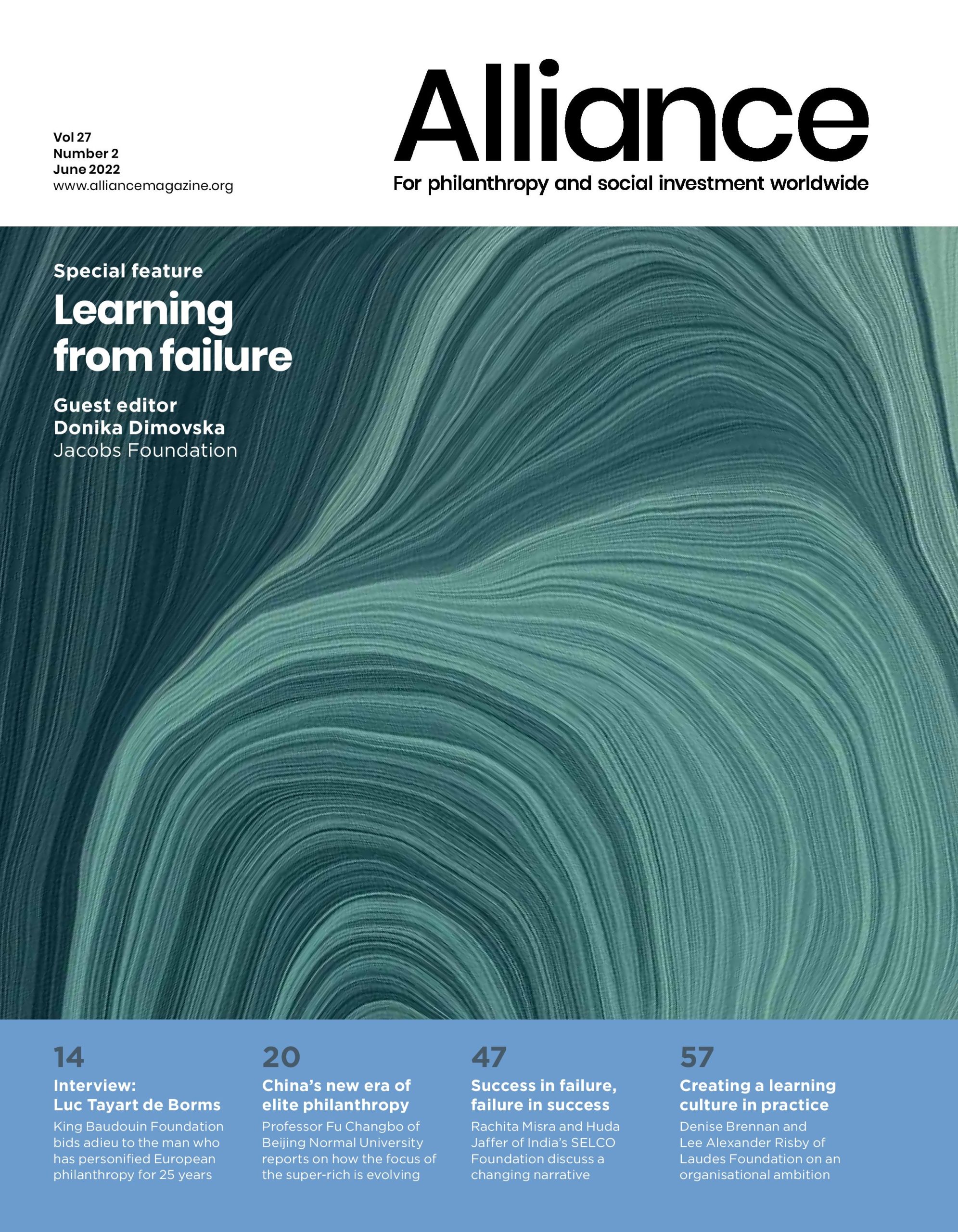China’s wealthy elite are beginning to take a long view of the development of Chinese society
After more than 40 years of rapid development and reform, China has accumulated a huge amount of social wealth and the country’s Ultra-High Net Wealth Individuals (UHNWIs) have also begun to enter the era of strategic philanthropy. According to the Chinese government’s development plan, in the next 100 years, China is committed to building a new form of civilisation with common prosperity as the main goal. At the same time, there have been calls for the very wealthy to give more back to society through charity or philanthropy.
The common prosperity envisaged by the Chinese government is the construction of a society in which all China’s citizens inhabit an environment suitable for living and working, enjoy peace and security, are able to access inclusive public services, and where all-round human development and social progress are the norm.
In this context, Chinese philanthropists, many of whom are entrepreneurs, have begun to think about philanthropy more systematically. On the one hand, they have responded to the government’s requirements for entrepreneurs to practice greater social responsibility. On the other hand, they have also sought wealth, which could create greater social value, with the hope, too, that philanthropy might become the carrier of family traditions.
Subscribe now from only £45 a year!
This article is only available for our subscribers
Existing users can login here





